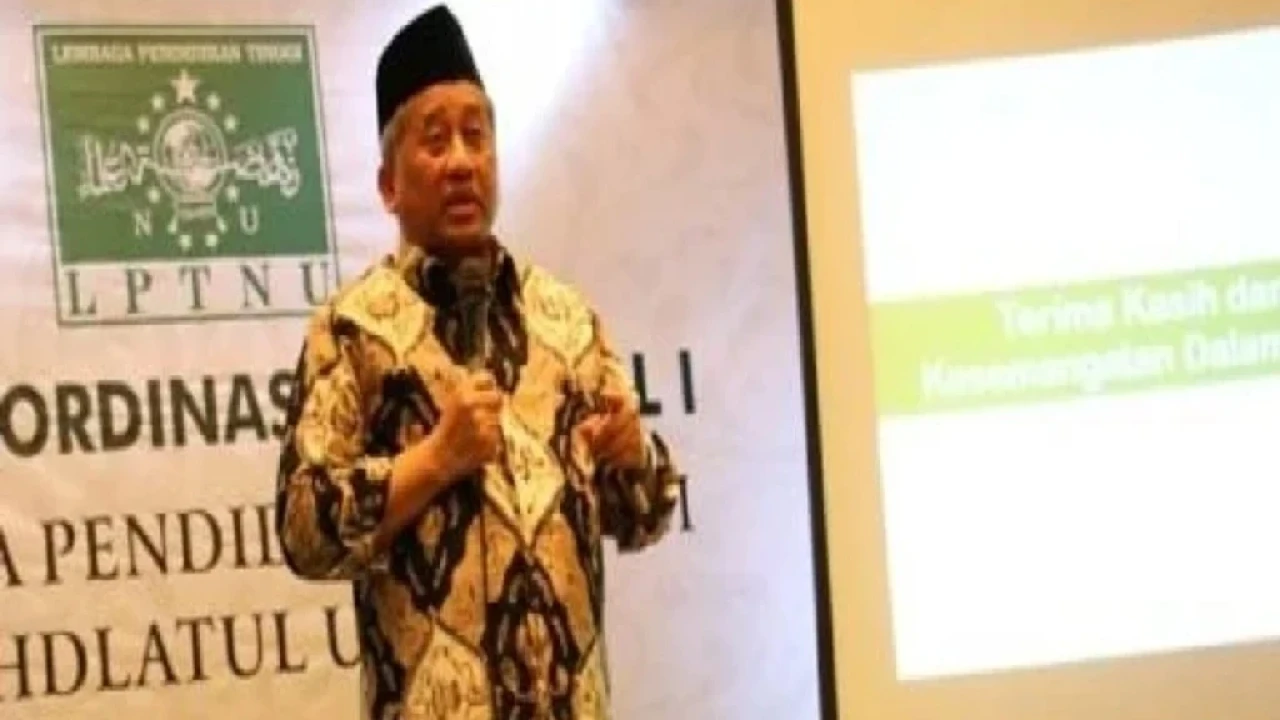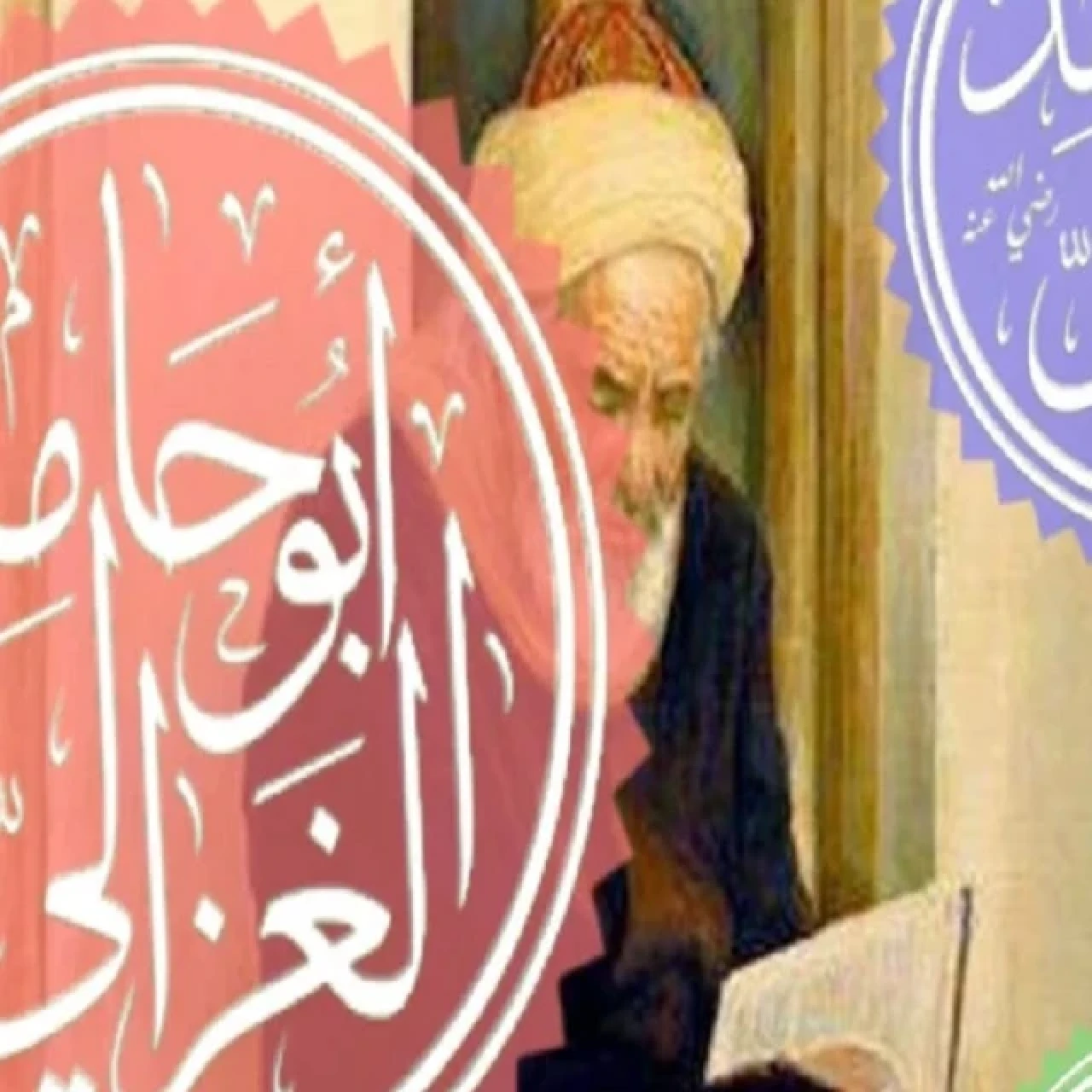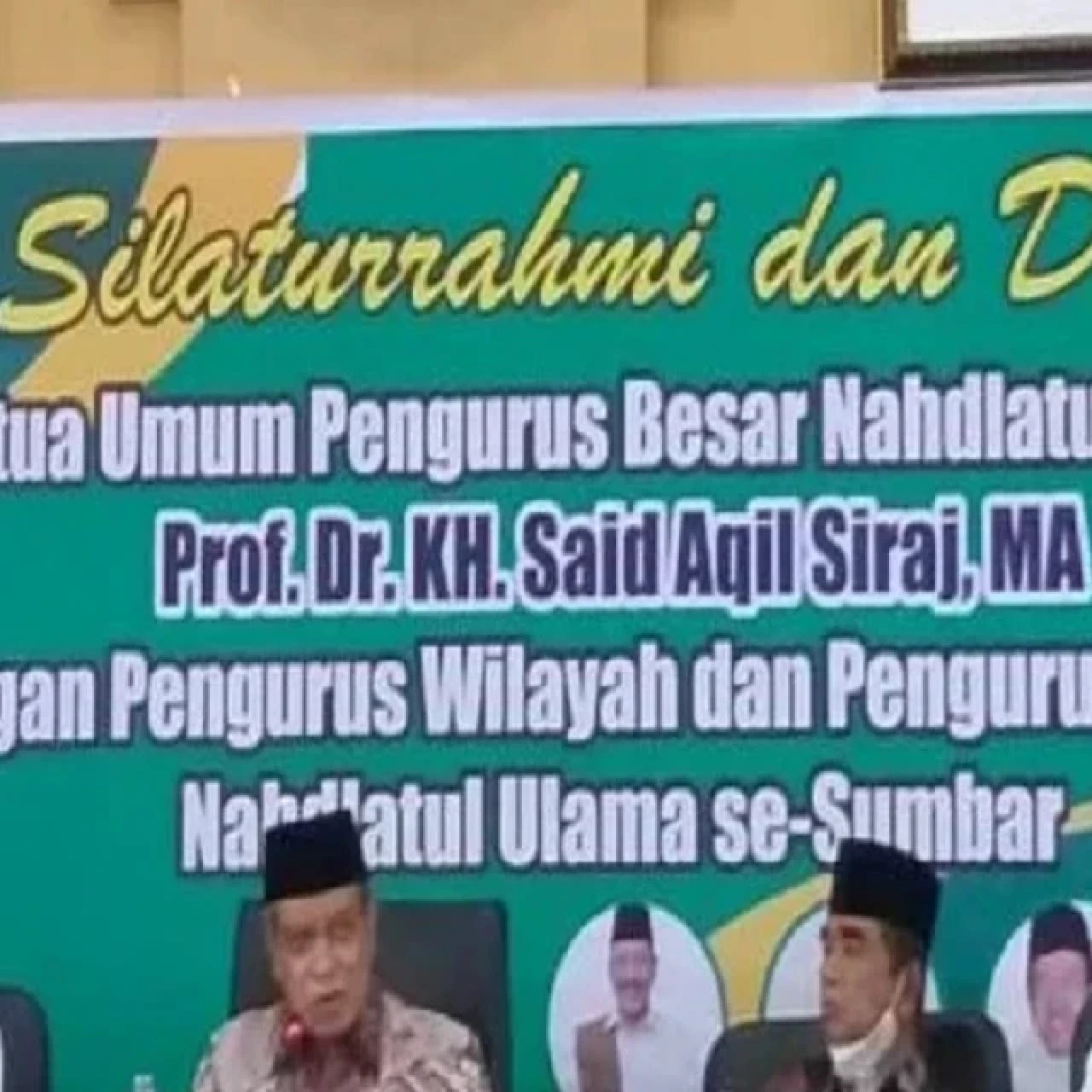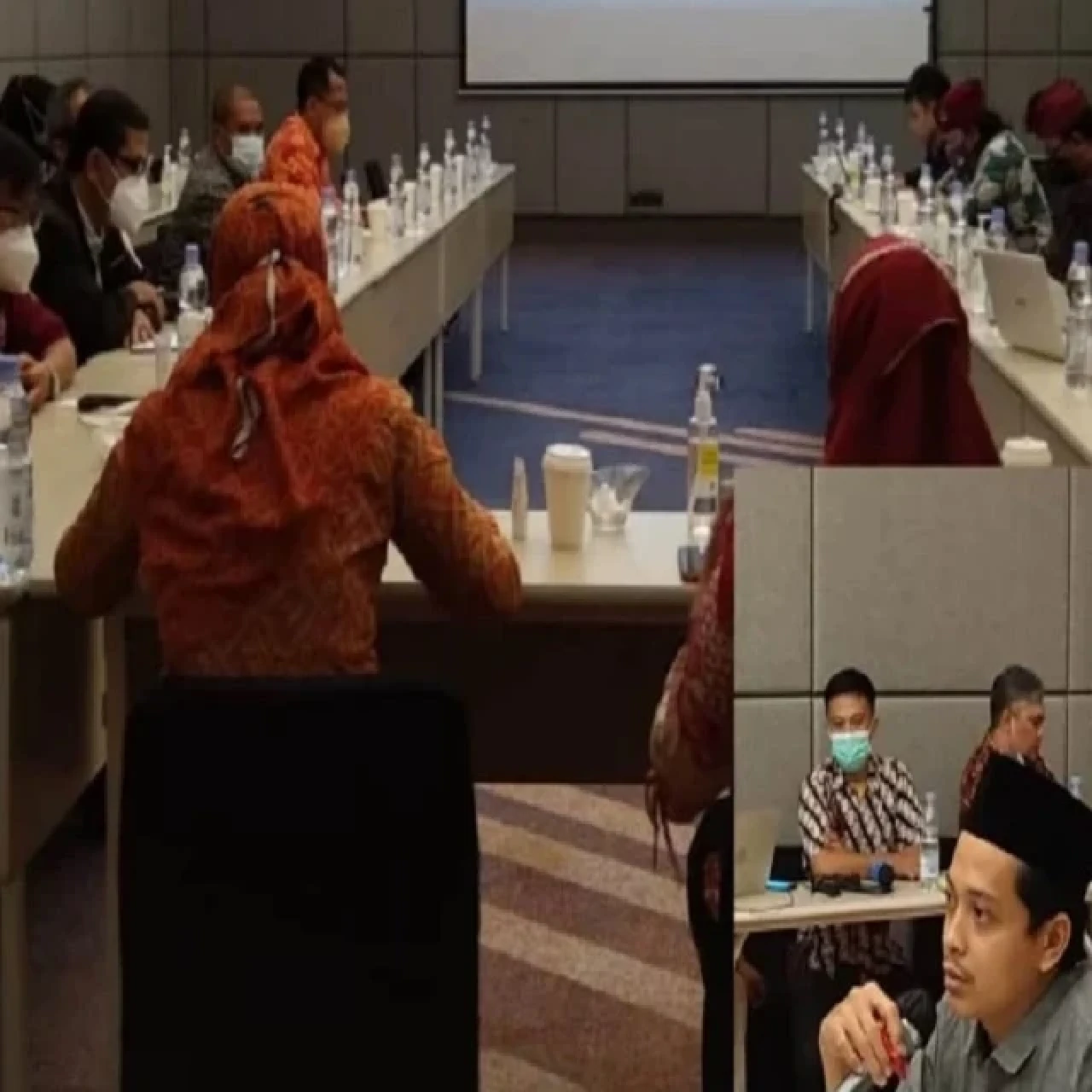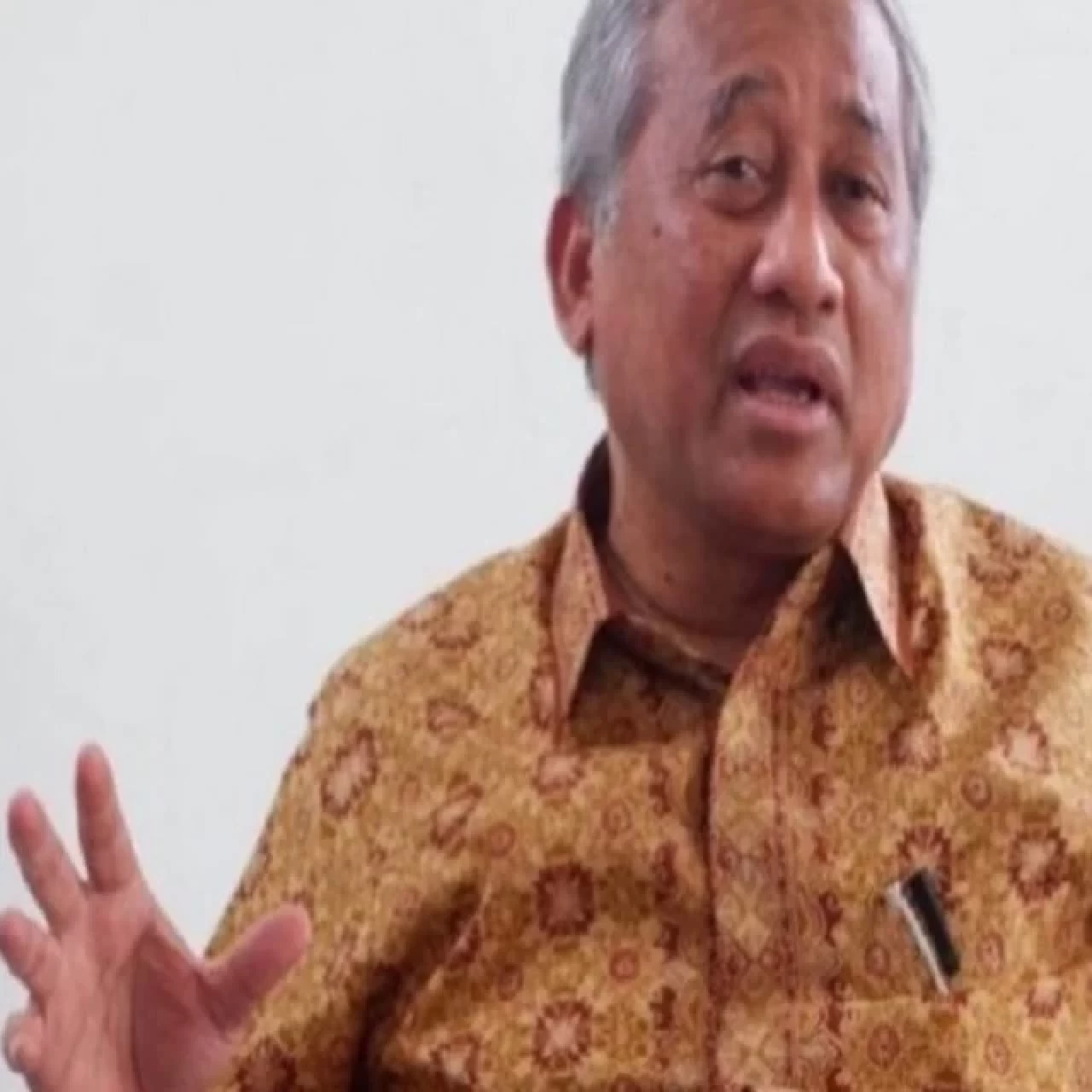Prof. Nuh mentions challenges facing NU higher education
Jumat, 3 Desember 2021 | 17:25 WIB
Jakarta, NU Online
Discussing the challenges faced by Nahdlatul Ulama (NU) in the field of higher education, the Chairman of the Central Board of Nahdlatul Ulama (PBNU), Prof. Mohammad Nuh, said that NU's independence in doing its best and serving this area could be pursued by always initiating new breakthroughs.
"NU in the future is no longer working on what is possible, but also taking areas that are not possible. Innovation makes the impossible possible," said Prof. Nuh while speaking at the Road to NU 34th Congress webinar entitled Nahdlatul Ulama and the Challenges of Higher Education Management, Thursday (2/11/2021).
According to Prof. Nuh, all this refers to the changing times that continue to occur. He gave an example of the conditions in 1920 and 2020. The changes that occurred during that period gave birth to a series of innovations made by humans. Therefore, he said the synergy between NU members was very necessary for the continous creation of new innovations.
“Students 30 years ago were different from today. Our task in 2026 (entering the second century of NU) must have an ecosystem in which there are major components, namely the preaching system, education, health services, and economic centers. In turn, the condition is not 'I can', but 'We can',' said Prof. Nuh.
Meanwhile, Prof. Nuh also said it was important to build self-confidenceto foster an attitude of optimism that will encourage individuals to always be progressive.
“Because what I know is nothing compared to what I don't know. We build self-confidence. Nothing big starts big. Nahdlatul Ulama University of Surabaya (Unusa), for example, now it has been ranked in the 100s in just 6 years," he said.
Nevertheless, He reminded that there would always be obstacles, even though a change has been achieved. Feeling safe with the situation, for one. Therefore, Prof. Nuh said it was important to have an adaptive and progressive attitude in responding to changing times.
"Every change has a disease. We want to see far ahead, but the disease is myopia (nearsightedness). We want to be adaptive, but we are comfortable 'This is okay, really', "explained Prof. Noah.
“If we don't manage it well, we may stagnate. If we stagnate, we will propably lose because other people grow (faster) or we (will) decline," he concluded.
Contributor: Nuriel Shiami Indiraphasa
Editor: Sudarto Murtaufiq


